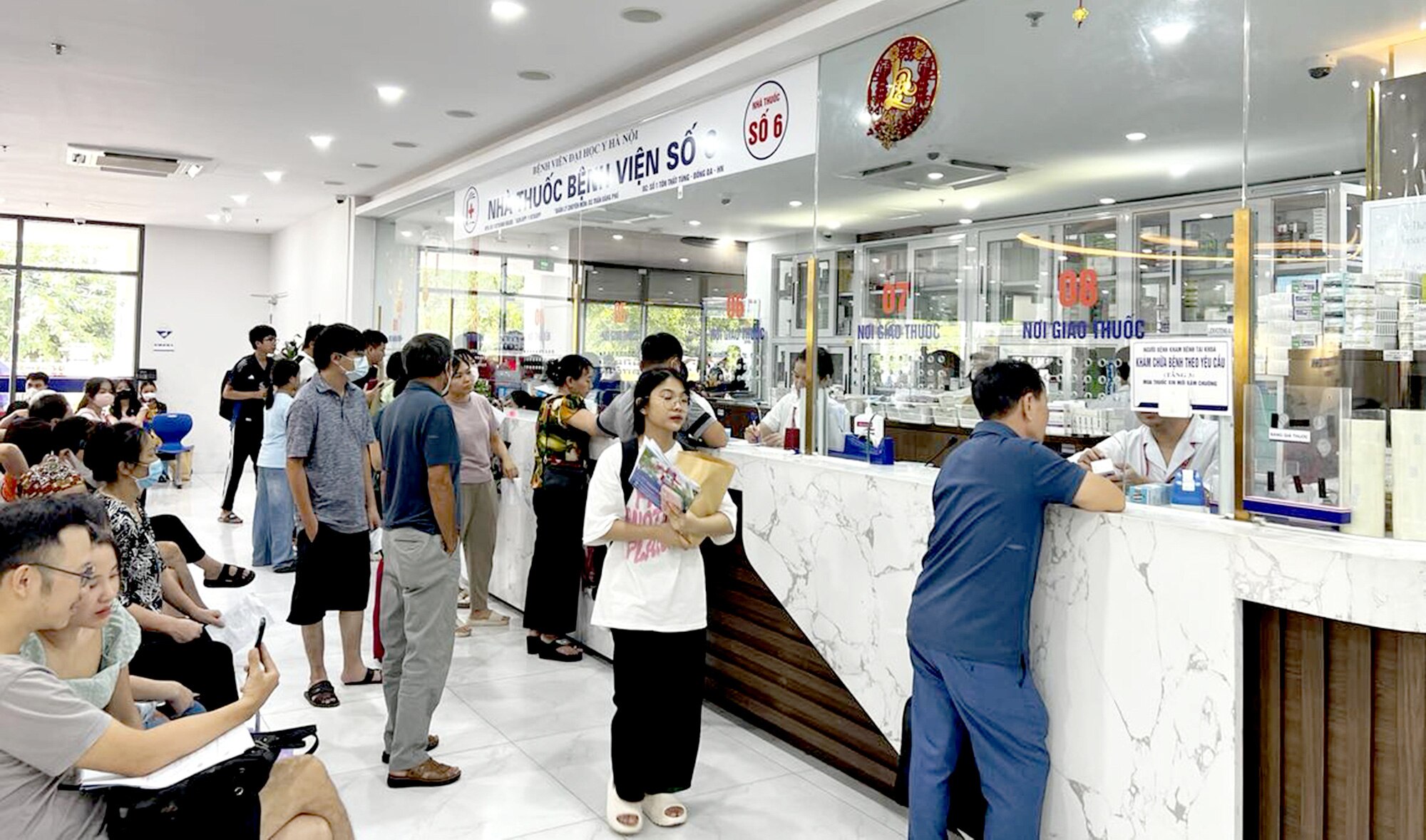
People buy medicine at the hospital pharmacy – Photo: NAM TRAN
To receive health insurance (HI), the buyer needs to present to the social insurance agency a prescription and medical supplies prescribed by a doctor and valid as a basis.
It was thought to be beneficial for patients, but in reality, many payment conditions and document regulations make people wonder if it can be implemented?
Have health insurance but still pay out of pocket
Due to the lack of medicine and supplies at medical facilities, the Ministry of Health has repeatedly affirmed that "hospitals must be responsible for the lack of medicine and supplies for medical examination and treatment for people", but so far no hospital has accepted responsibility for this issue. People have health insurance but their rights when examining and treating patients are not guaranteed.
Not long ago, Ms. Hoan (60 years old, Phu Tho province) was diagnosed with a mediastinal tumor and was scheduled for surgery at a hospital in Hanoi.
Before the surgery, the doctor shared with Mrs. Hoan's family the difficulties the hospital was facing in purchasing medicine and supplies and instructed the family to purchase some medicines and supplies used in the surgery from outside.
“As a patient who wants to be treated soon, when the doctor suggests buying, the family has to buy it without questioning. If they don’t buy, they won’t be able to have surgery, the patient has no choice. The cost of buying medicine and supplies for the surgery also costs 6-7 million VND,” Ms. Hoan confided.
Mr. NVG (65 years old, Tay Ninh province) has diabetes complications that affect his heart. Every month, he has to take a bus to Ho Chi Minh City for check-ups and buy medicine. Recently, when he went to the doctor, he was diagnosed with signs of kidney failure, so he had to take prescription drugs and buy them outside.
For many months, Mr. G. has had to pay an additional 1-2 million VND for medicine each month. "Because of my old age, having to pay additional hospital fees each month will put a lot of pressure on my family's financial life," Mr. G. said. The money for medicine and supplies that people should receive from participating in health insurance must be paid out of pocket, and it takes more effort to buy.
Insurance pays but how less hassle?
Recently, the Ministry of Health issued Circular 22 regulating the direct payment of medicine and medical equipment costs for people with health insurance cards who go to the hospital for medical examination and treatment. The Circular is considered one of the solutions to ensure the rights of health insurance participants when hospitals lack medicine.
This Circular also clearly stipulates that drugs and supplies that are paid for are only on the list of rare drugs and medical equipment of type C or D... That is, if the hospital lacks a certain drug, the patient will not be directly paid for that drug, but if the drug is rare and still on the list of drugs covered by health insurance, the patient still has to buy it themselves.
Talking to Tuoi Tre about this regulation, Ms. Vu Nu Anh, Deputy Director of the Department of Health Insurance (Ministry of Health), said that currently the list of rare drugs includes 442 active ingredients, vaccines/a total of more than 1,200 active ingredients in the list of drugs and biological products covered by health insurance.
Ms. Anh affirmed that the policy of patients having to go to the Social Insurance to receive money after purchasing medicine is not a priority policy in accessing medicine and medical supplies. This is only a temporary solution in case of medicine shortage due to objective reasons.
“This circular only provides focused guidance for rare drugs. The Ministry of Health has developed a strict direct payment policy and emphasized the hospital’s purchasing responsibility to ensure drugs and treatment supplies,” she said.
Ms. Anh explained that for common drugs and active ingredients, hospitals can use alternative active ingredients. The most important thing is to ensure treatment according to the regimen, not forcing patients to go out to buy drugs and supplies. As for rare drugs, these are drugs that are less likely to be supplied on the market and less likely to be replaced.
In objective cases, if the hospital cannot purchase due to supply or bidding, and has to assign patients to buy outside, the patient will be paid directly. “This policy does not create conditions for medical facilities to widely prescribe for patients to buy outside,” she said.
The leader of the Health Insurance Department said that when patients come to a medical facility, the hospital must ensure that the treatment medicine is available, and the patient does not have to buy it themselves, which is the most convenient. Because in reality, if patients have to buy medicine themselves and submit payment documents themselves, it will cause inconvenience and difficulty.
Many shortcomings, not feasible
Speaking with Tuoi Tre, a representative of the local Social Insurance agency said that Circular 22 of the Ministry of Health regulating the payment of medicine and medical equipment costs for health insurance patients, which has just been issued, ensures the rights of patients with health insurance.
Especially after the COVID-19 pandemic, shortages of drugs and medical supplies have continuously occurred in many hospitals across the country due to bidding problems.
But this person also commented that the payment requirements are unreasonable, have many shortcomings that cause inconvenience to people, and are not feasible. "People spend money to buy medicine and medical supplies but have to go to the Social Security agency to do payment procedures, which takes a lot of time and effort. Social Security must appraise before paying" - this person said.
Not to mention the condition that if the hospital has that active ingredient and allows it to be purchased from outside, the patient will not be paid. Or if the hospital has the same active ingredient but with a different name, the patient will not be paid either. Even if the patient buys it at a higher price, they will only be paid according to the bid price...
“Not all patients have money, not all people have relatives to ask to go out and buy medicine, many patients are single. Not to mention the possibility of negative exploitation of the health insurance fund,” he said.
According to this person, the current social insurance workforce is still limited, when assessing the organization to pay people, it leads to a bloated apparatus because it has to assess each file. Typically, with the number of patients from the provinces flocking to Ho Chi Minh City, Ho Chi Minh City Social Insurance has to assess insurance files for the whole country.
Hospital can not buy must pay for patients?
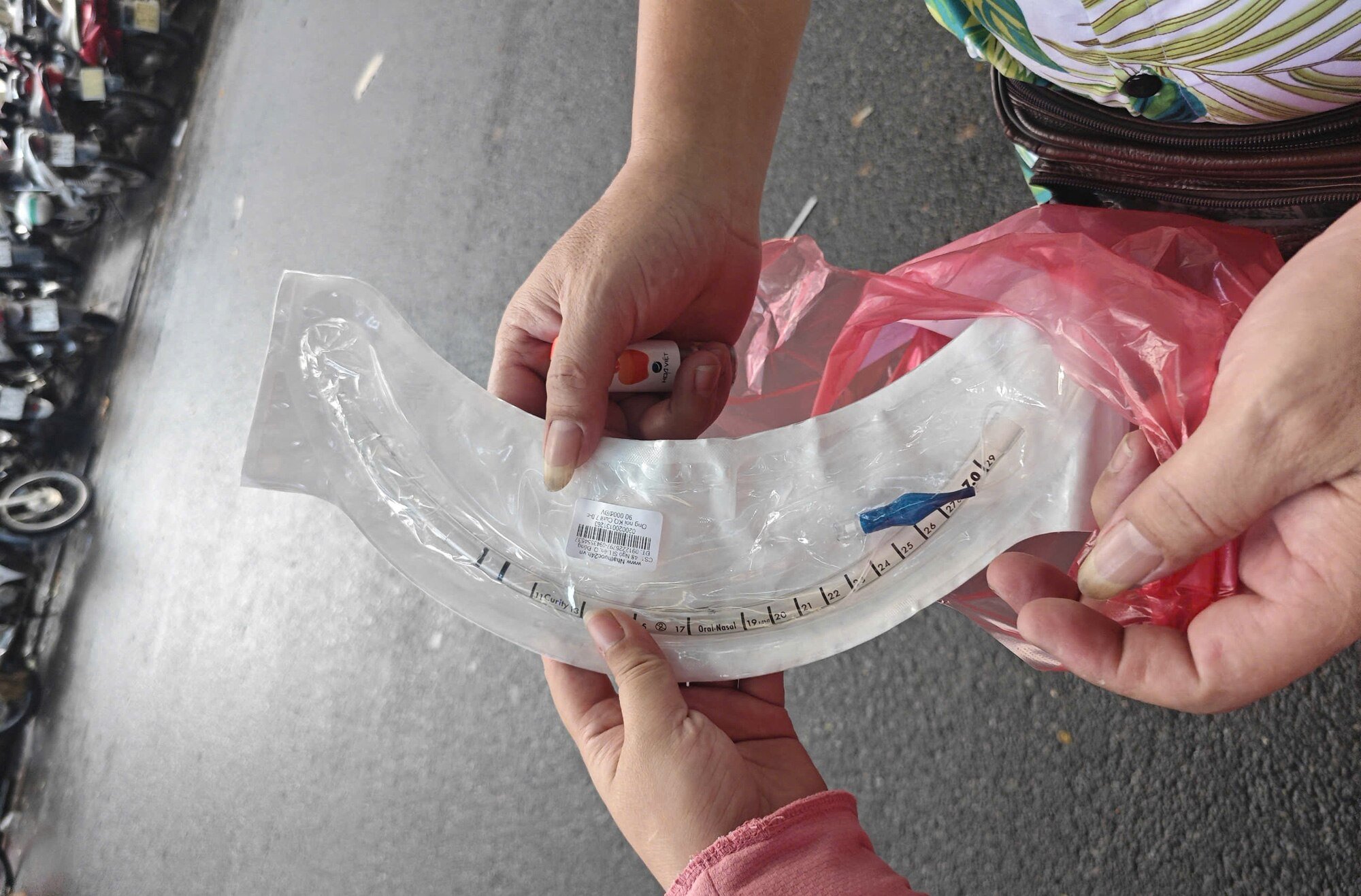
People have to buy medicine and supplies from outside when hospitals lack medicine and supplies - Illustration: DUONG LIEU
Ms. Vu Nu Anh said that recently, there have been many documents regarding policies related to bidding and purchasing of drugs to help hospitals purchase in accordance with regulations, ensuring drugs and treatment supplies for patients.
“Drug shortages due to supply or objective reasons are very rare, only with a very few types of drugs, the cause of shortages is mostly subjective, hospitals do not have enough reserves or organize bidding appropriately. There are even hospitals that should have bid in June but only did it in August, leading to supply disruptions,” Ms. Anh said.
Agreeing with the Health Insurance Department's viewpoint, a doctor working at a hospital in Hanoi also said that the hospital must try every way to have enough medicine and treatment supplies for patients.
“Patients and their families know where to buy the medicine when the hospital has to bid for half a year to get the medicine. In addition, patients have to pay in advance, find a source with full records and invoices, and then have to go to the social insurance agency to pay. If they are not paid, it is a waste of time and money. In particular, the quality of the medicine is not guaranteed,” said this doctor.
Representatives of local social insurance agencies also said that it is best to let hospitals directly reimburse health insurance patients for drugs and supplies, possibly through drug transfers between hospitals, for example.
The remaining problem is that health insurance and hospitals must deal with the shortage of drugs due to bidding. “This is only a temporary solution, the root of the problem is that hospitals must bid and buy enough drugs and medical supplies in accordance with the Law on Medical Examination and Treatment,” he said.
To ensure the rights of health insurance participants who have to buy medicine and supplies from outside, Ms. Anh said that the revised Law on Health Insurance is proposing another solution, which is to pay directly to medical facilities.
With this regulation, patients no longer have to submit their own documents to the Social Insurance, but only need to send their documents to buy medicine and supplies to the hospital, and the hospital must pay the costs that the patient has to buy himself. If the law is passed, the Ministry of Health will continue to amend the guiding circular.


![[Photo] Reception to welcome General Secretary and President of China Xi Jinping](https://vstatic.vietnam.vn/vietnam/resource/IMAGE/2025/4/14/9afa04a20e6441ca971f6f6b0c904ec2)
![[Photo] Prime Minister Pham Minh Chinh meets with General Secretary and President of China Xi Jinping](https://vstatic.vietnam.vn/vietnam/resource/IMAGE/2025/4/14/893f1141468a49e29fb42607a670b174)
![[Photo] National Assembly Chairman Tran Thanh Man meets with General Secretary and President of China Xi Jinping](https://vstatic.vietnam.vn/vietnam/resource/IMAGE/2025/4/14/4e8fab54da744230b54598eff0070485)
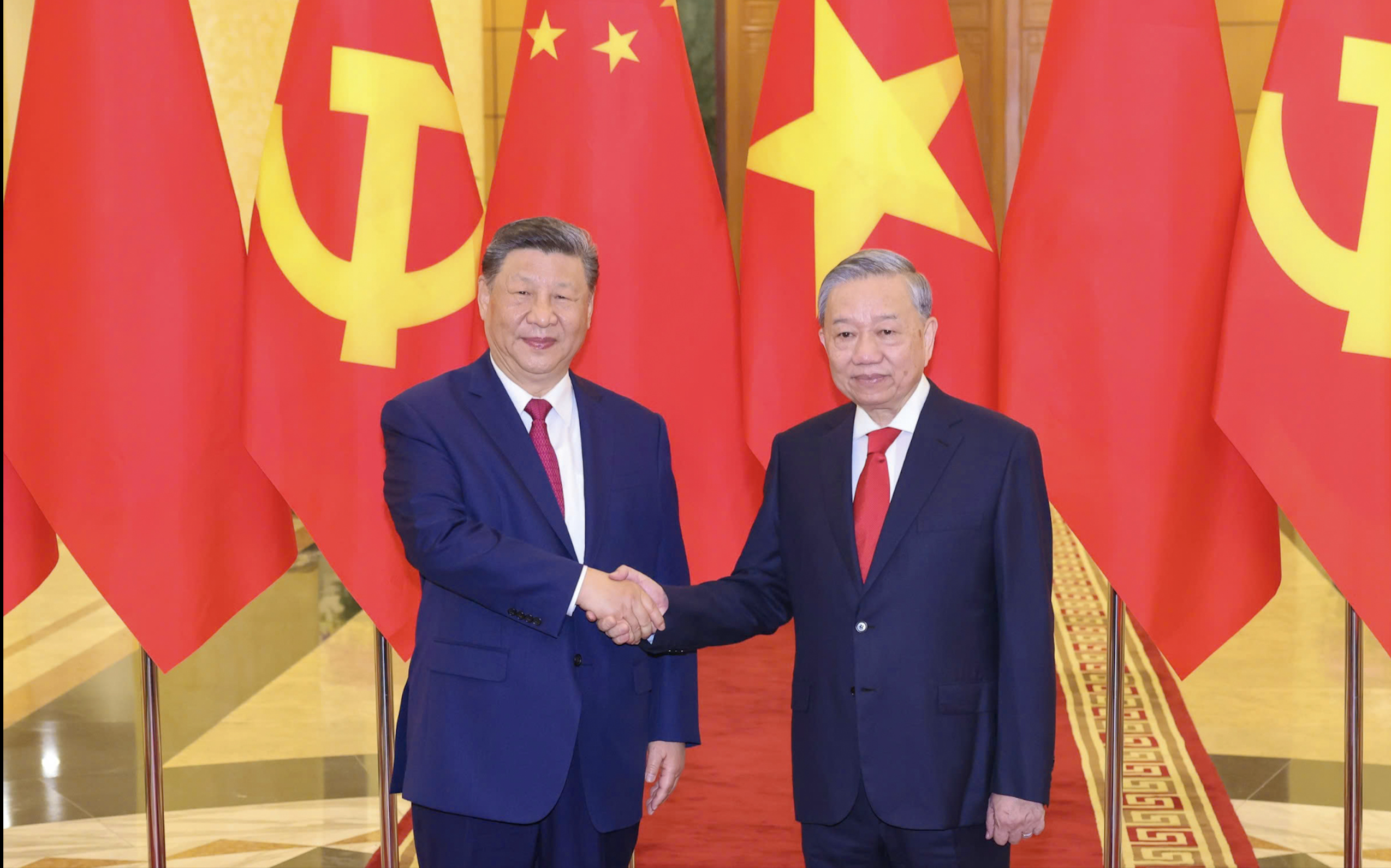
![[Photo] General Secretary To Lam holds talks with General Secretary and President of China Xi Jinping](https://vstatic.vietnam.vn/vietnam/resource/IMAGE/2025/4/14/b3d07714dc6b4831833b48e0385d75c1)
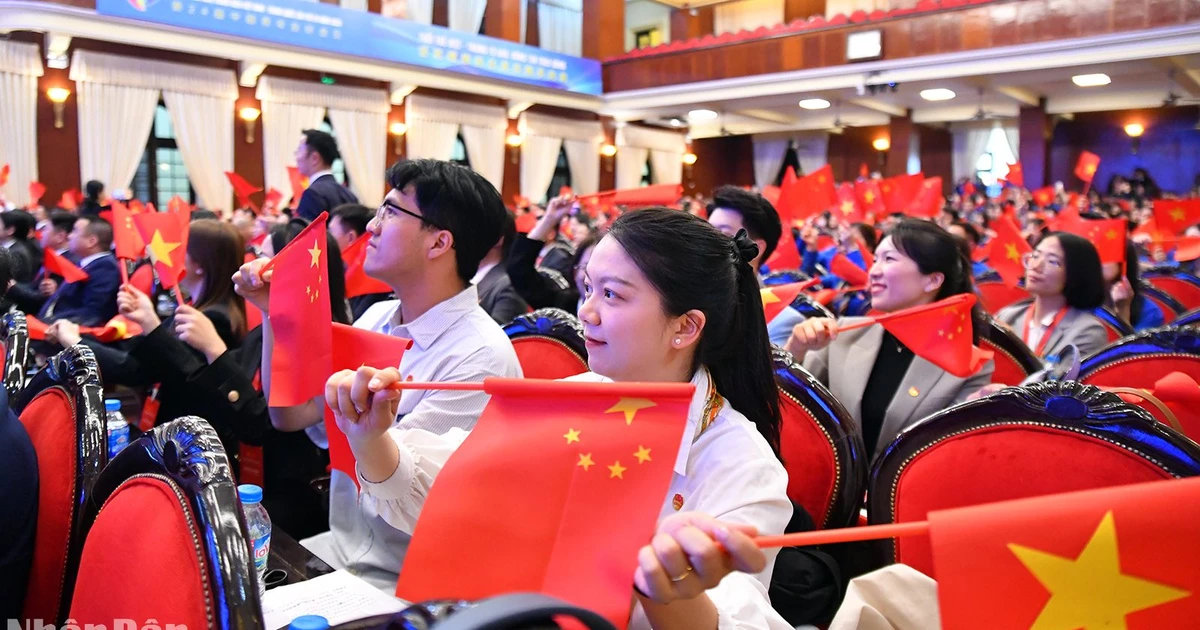
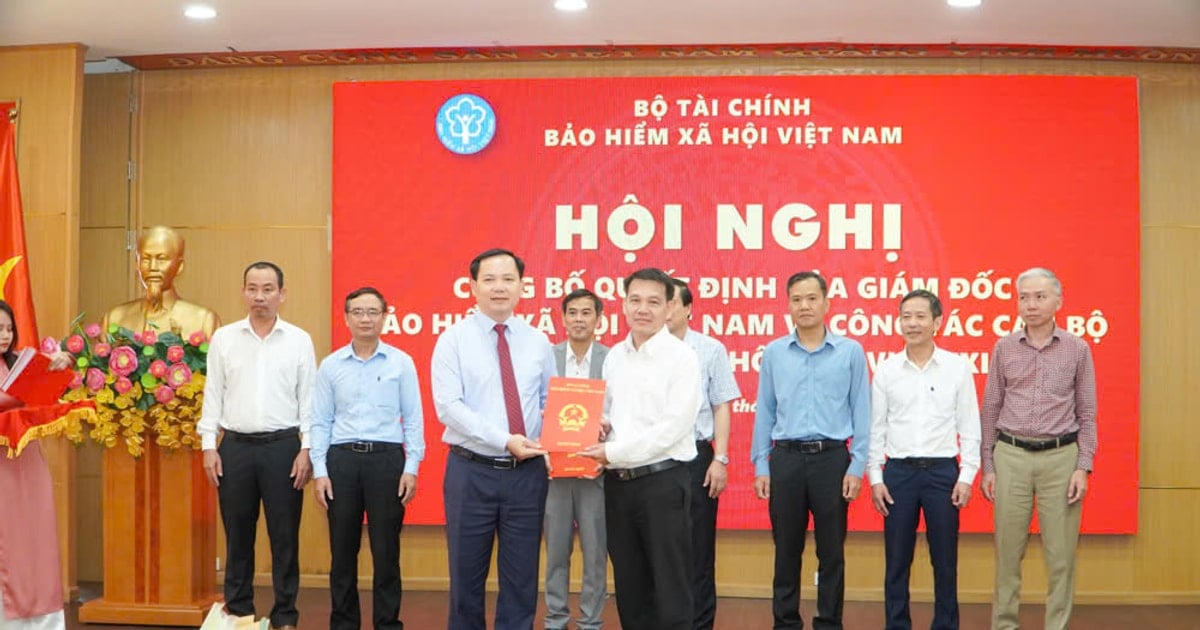

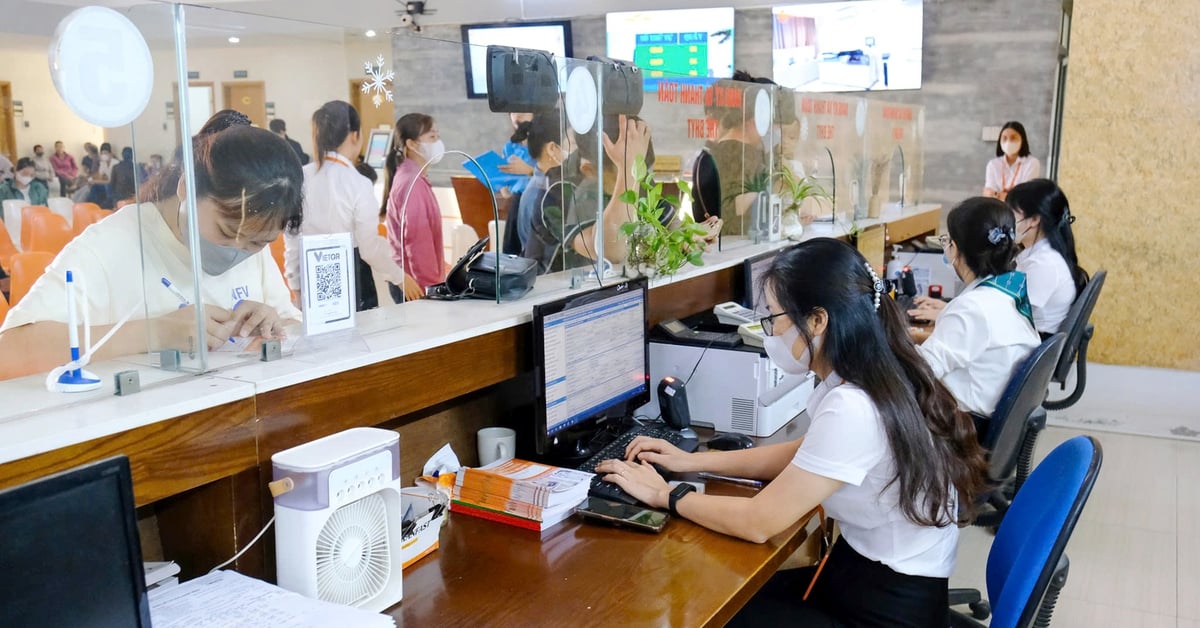

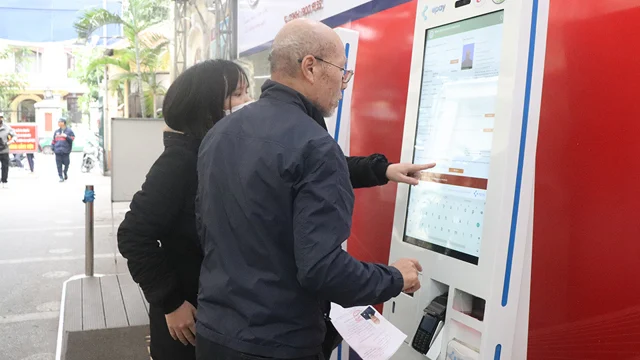

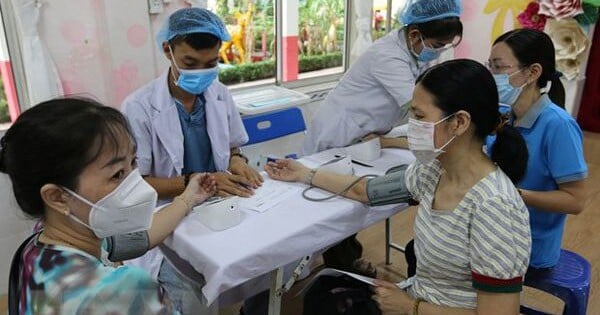

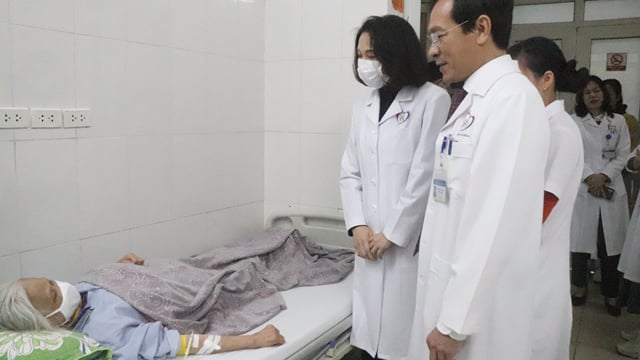
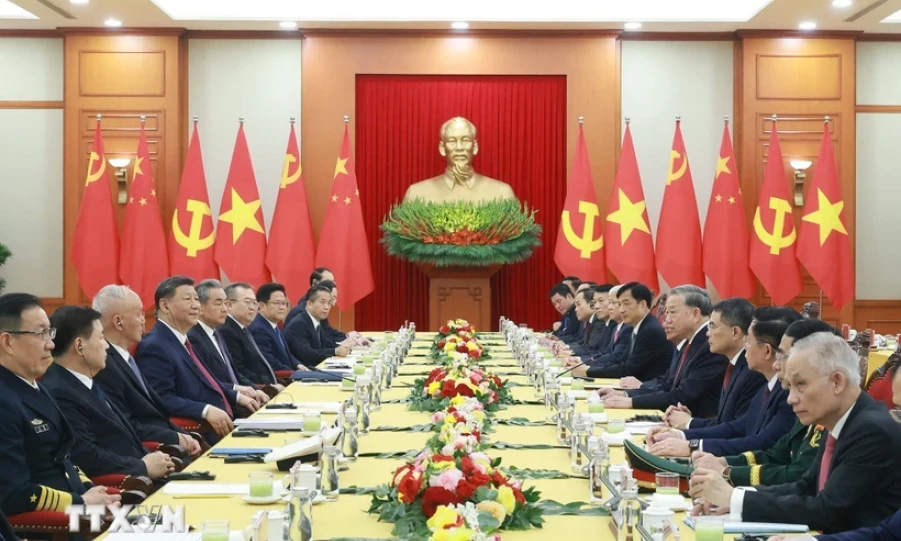
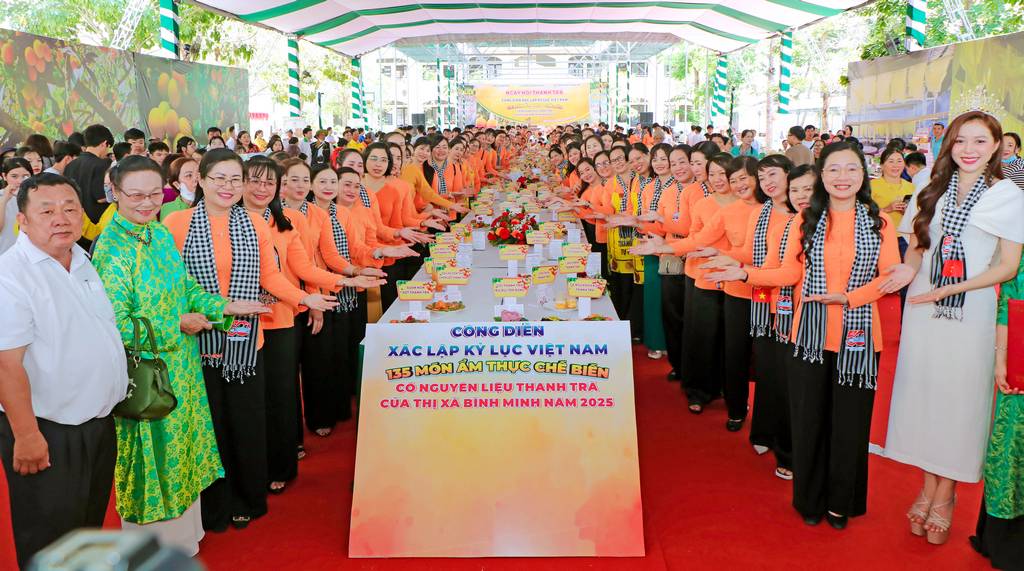

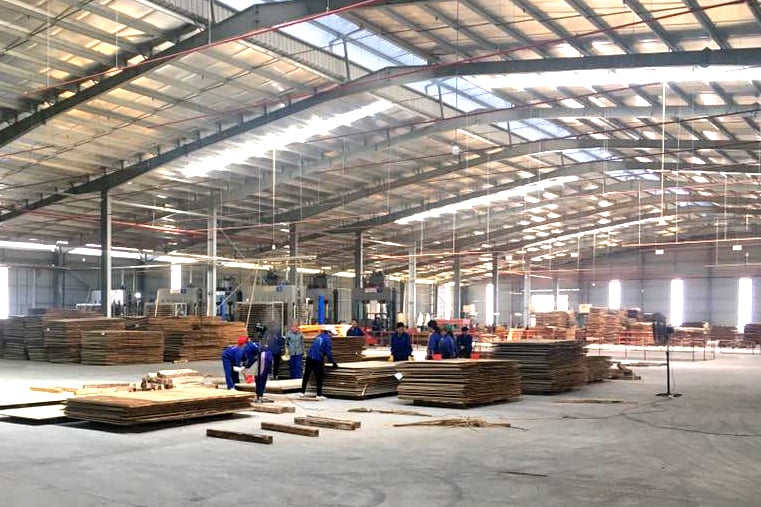
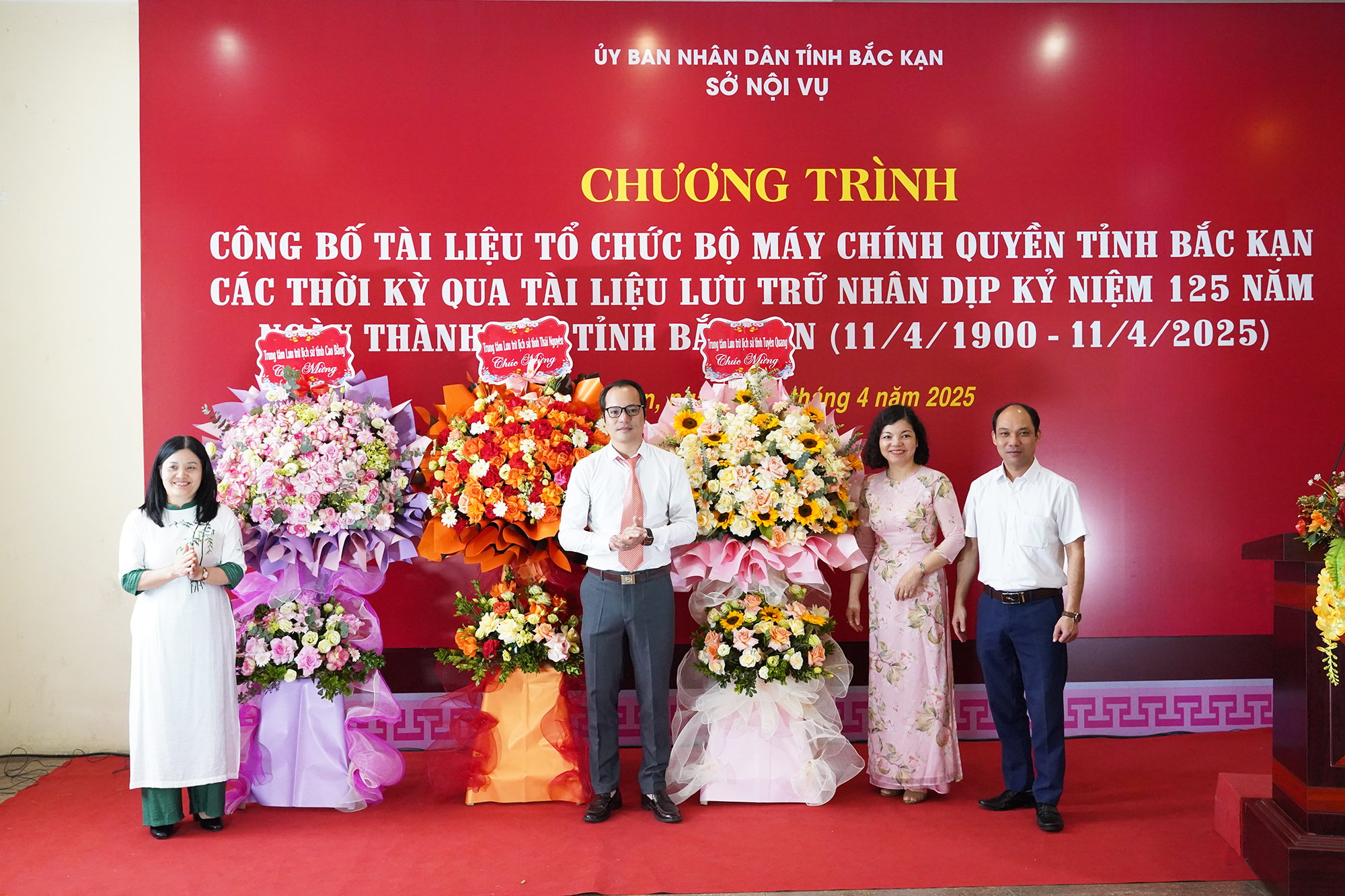
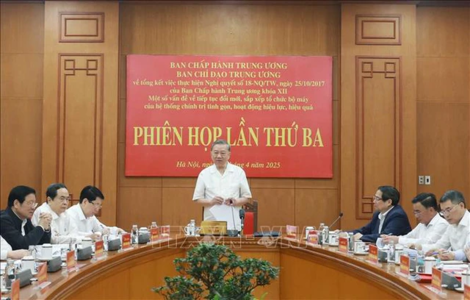





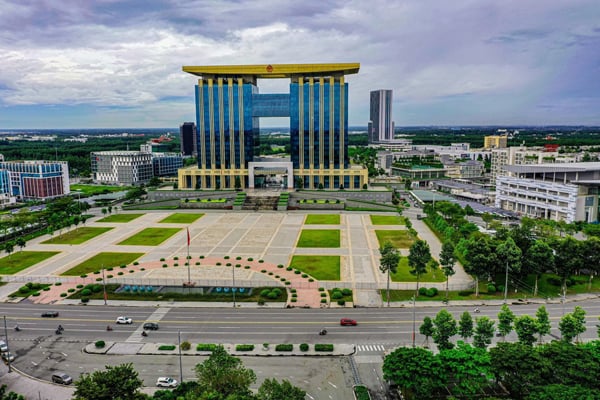
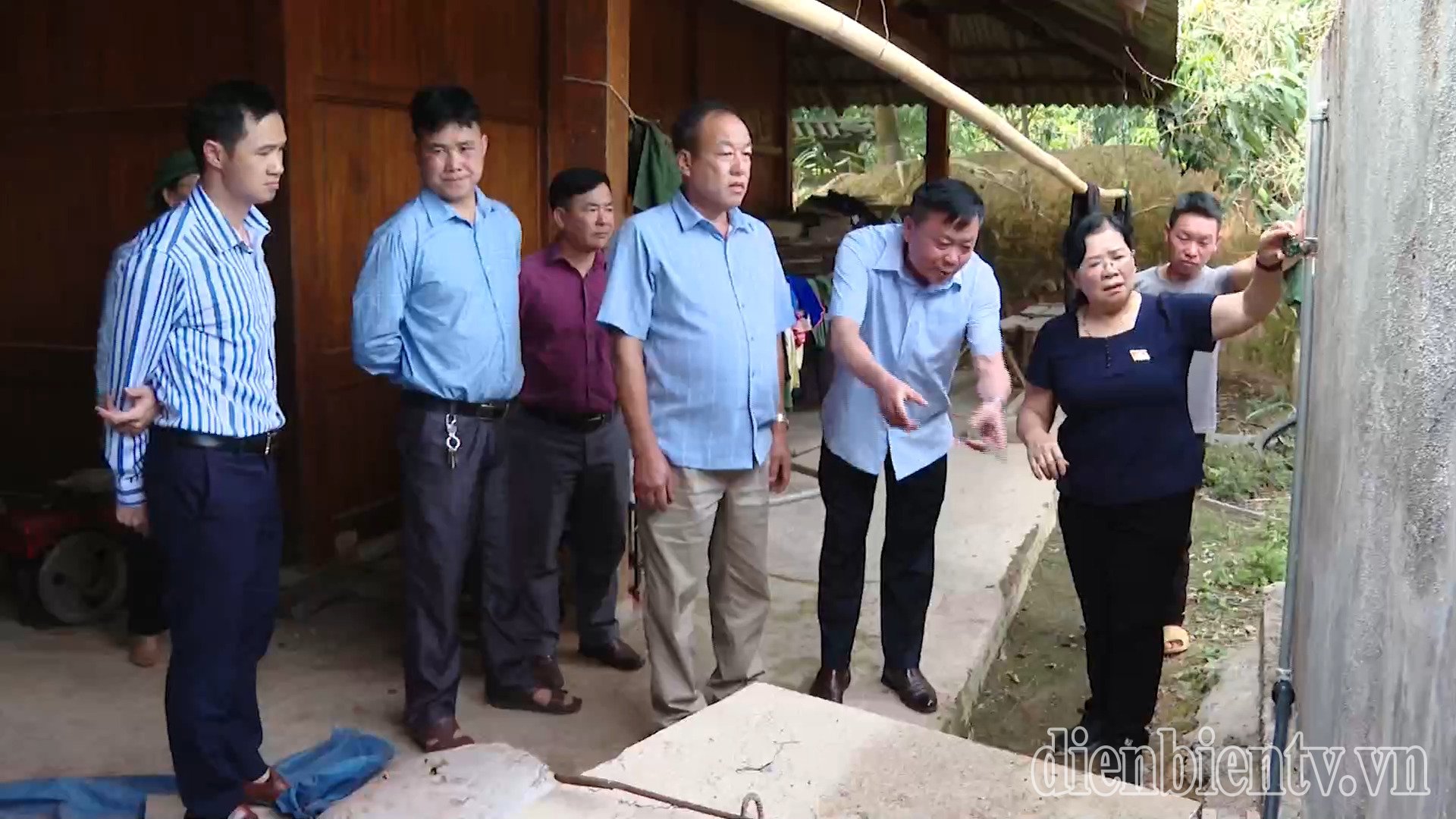
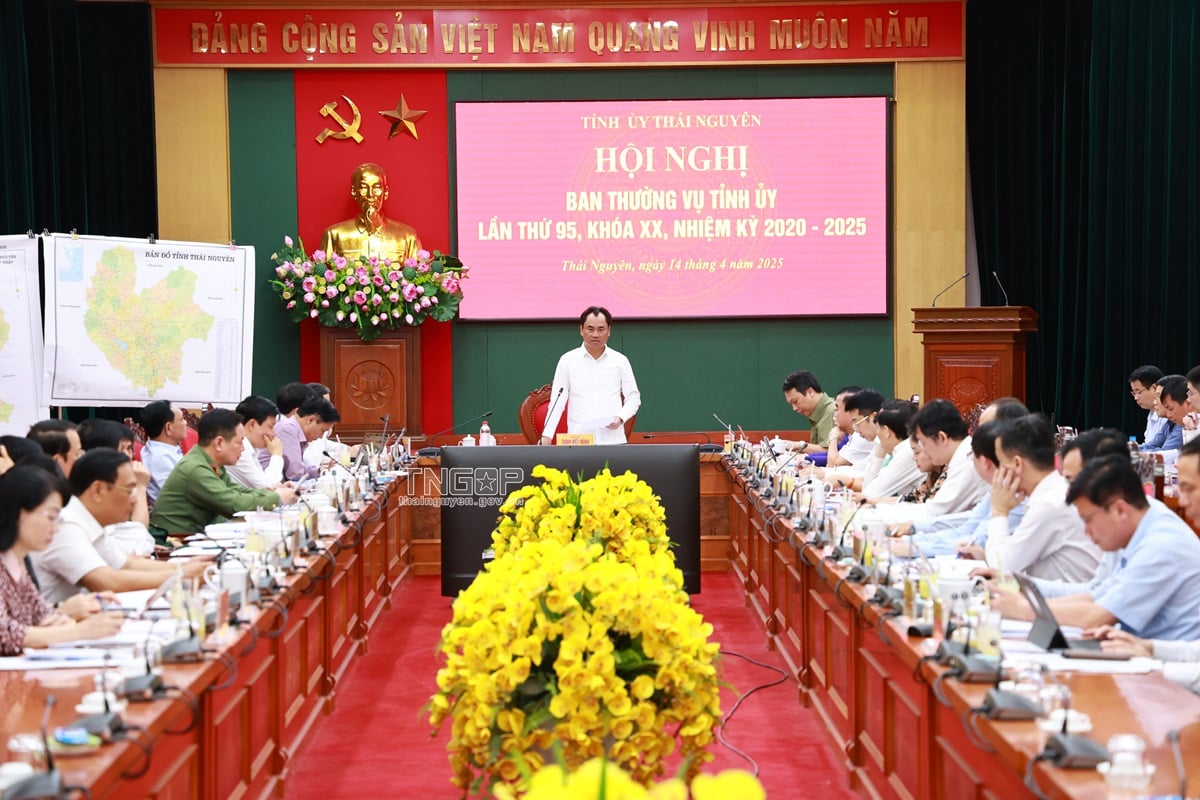
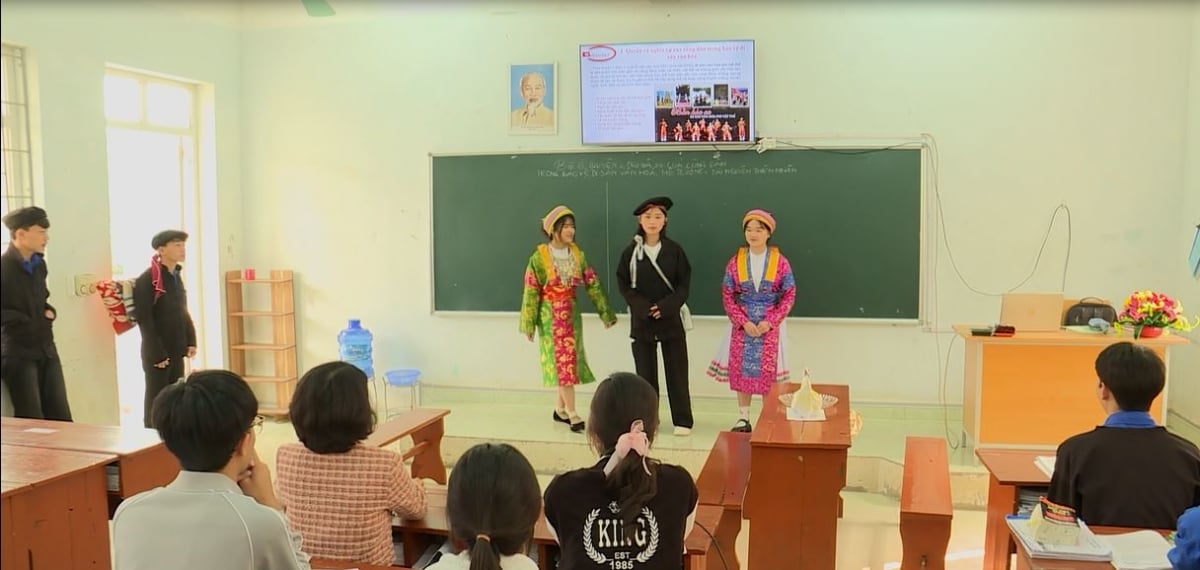
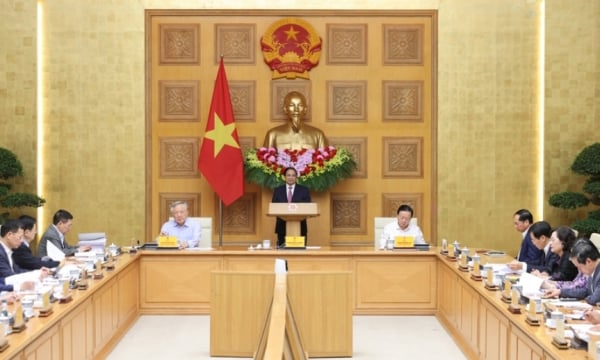















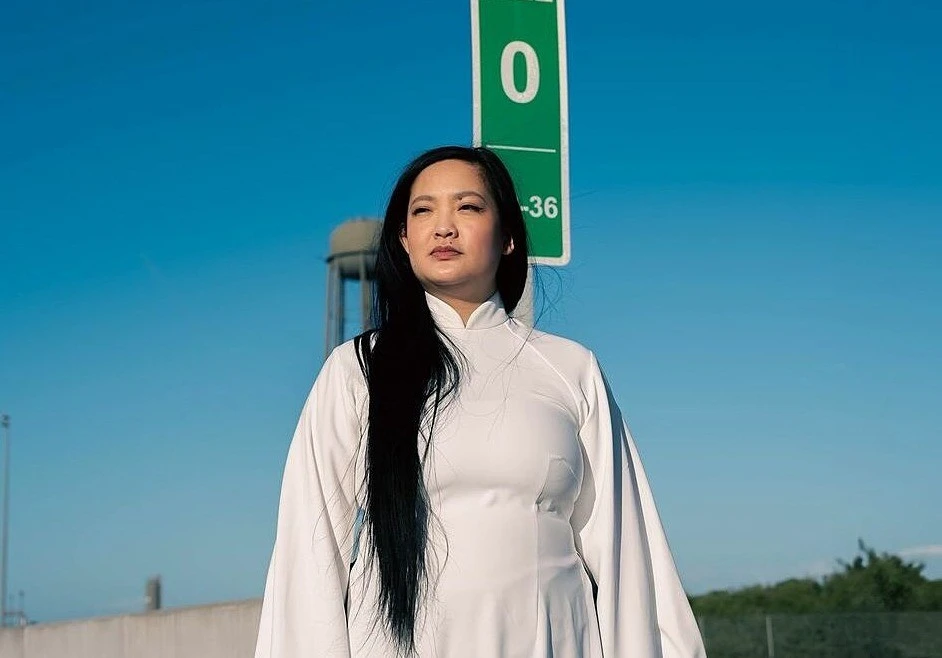

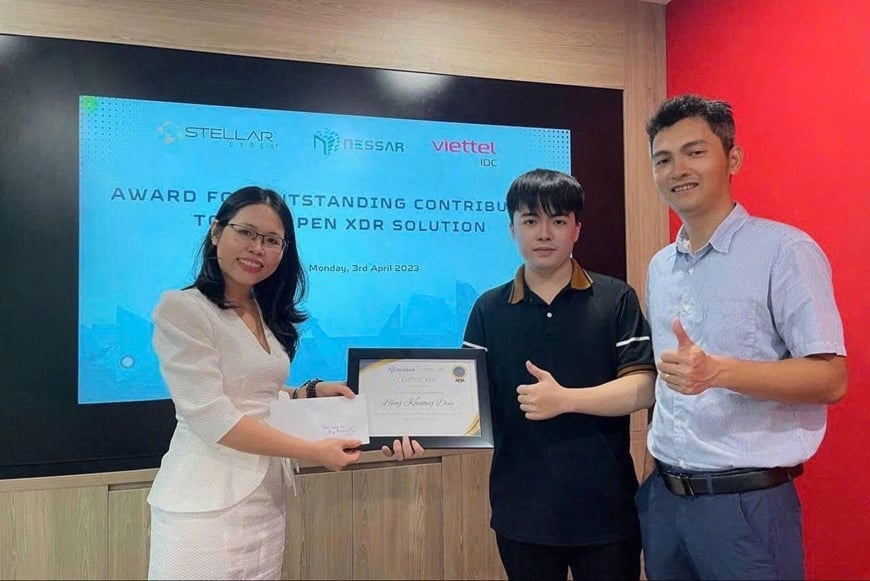

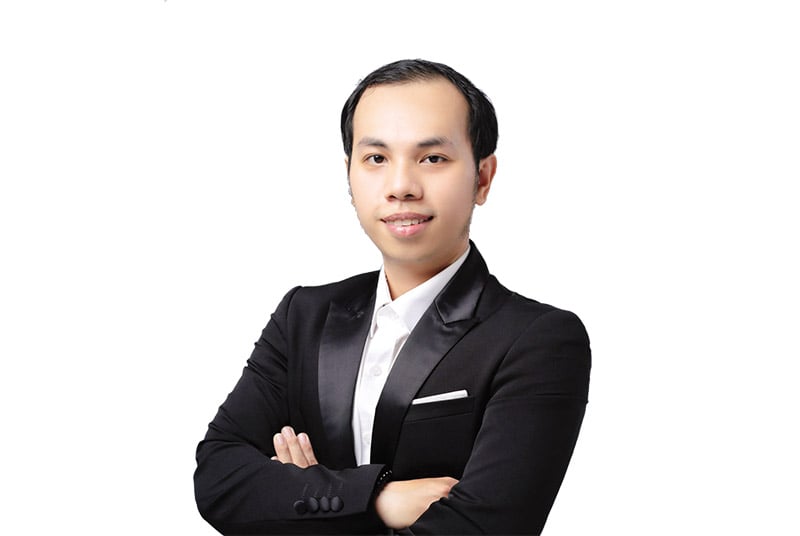










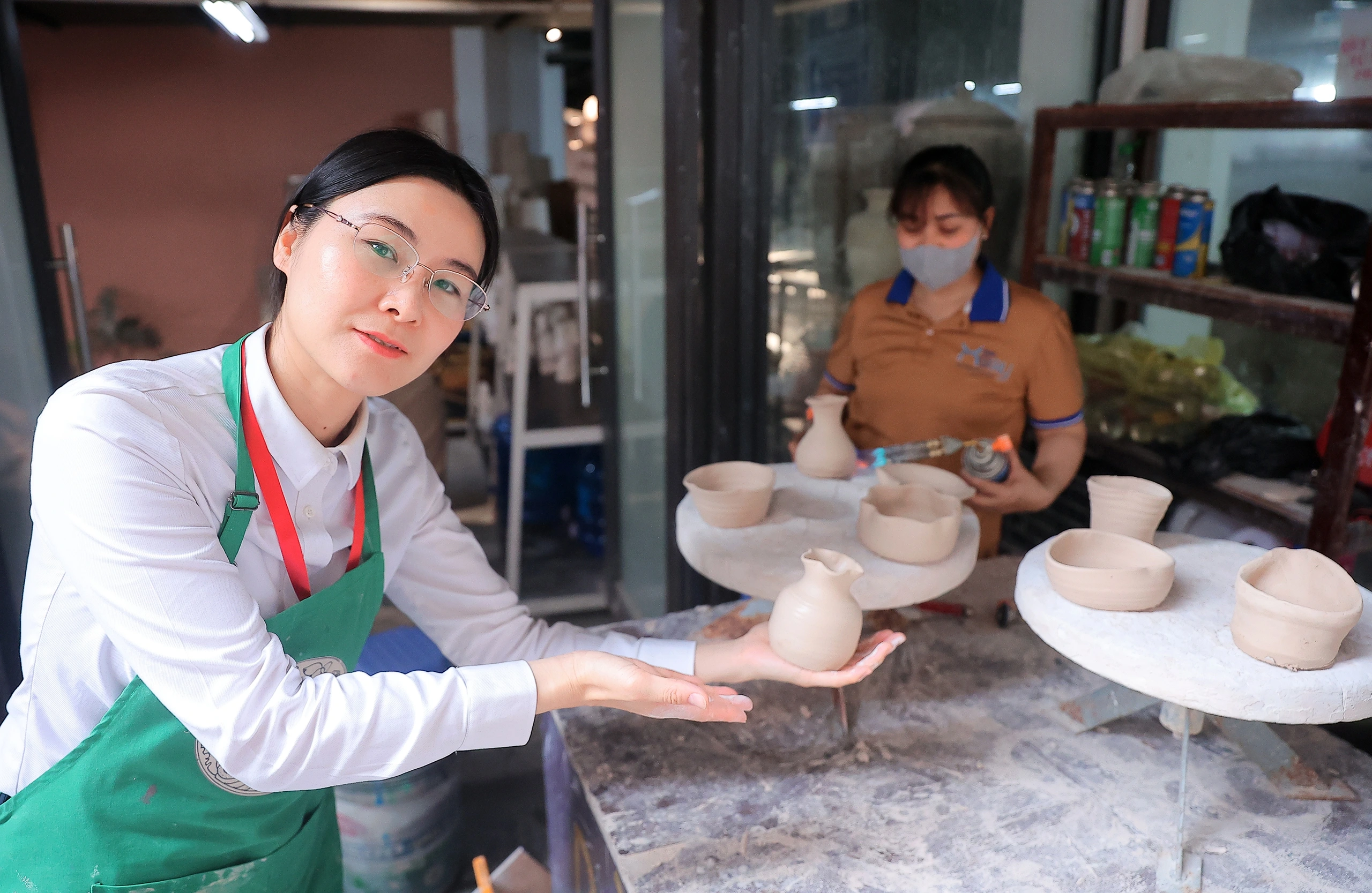

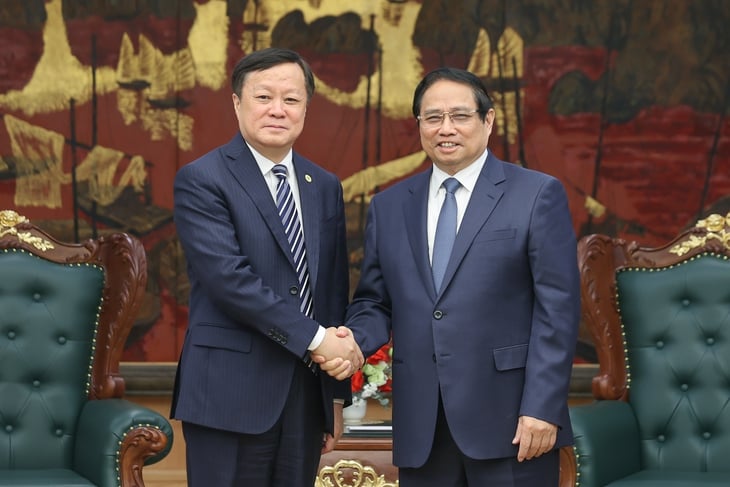
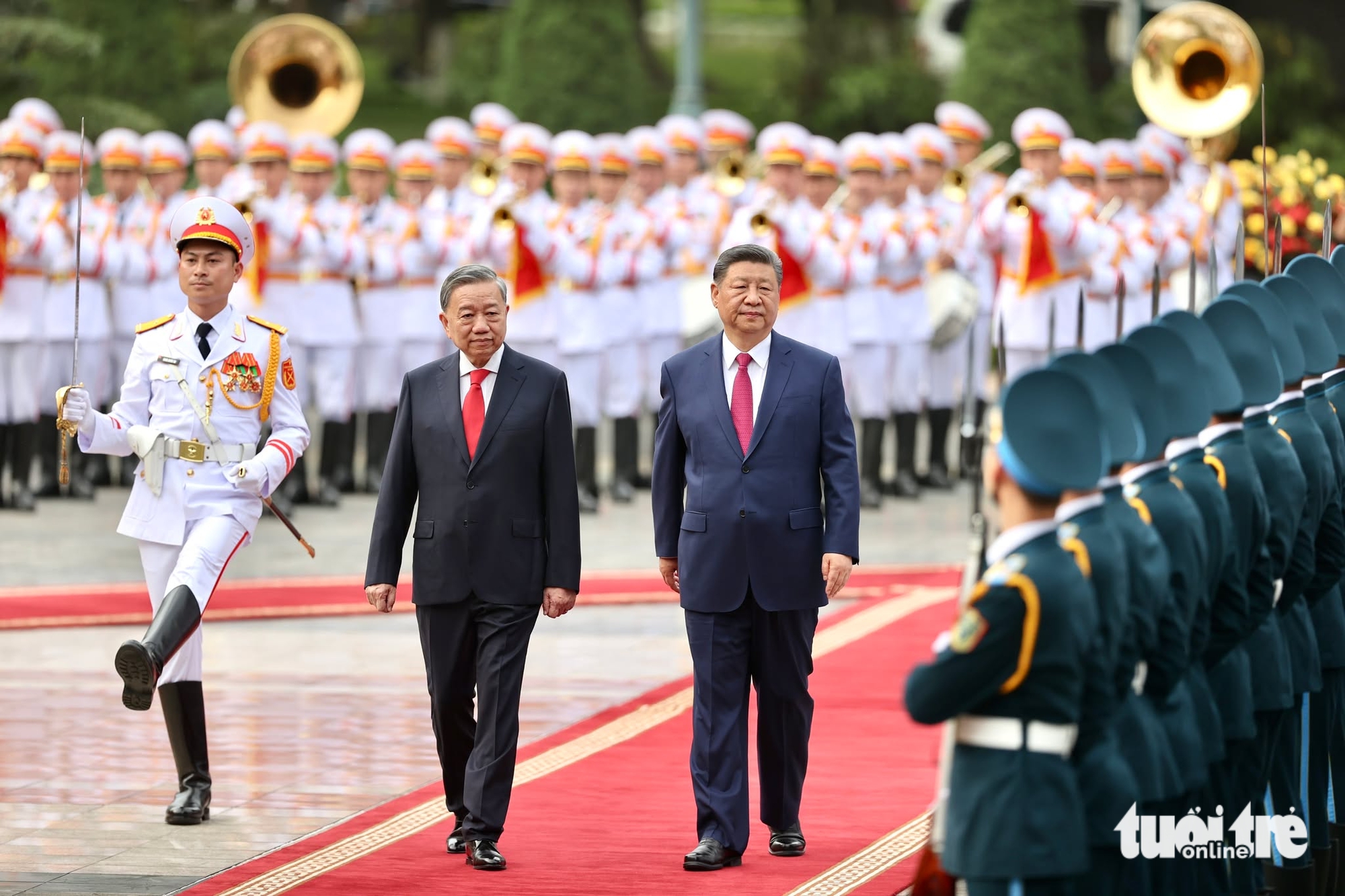
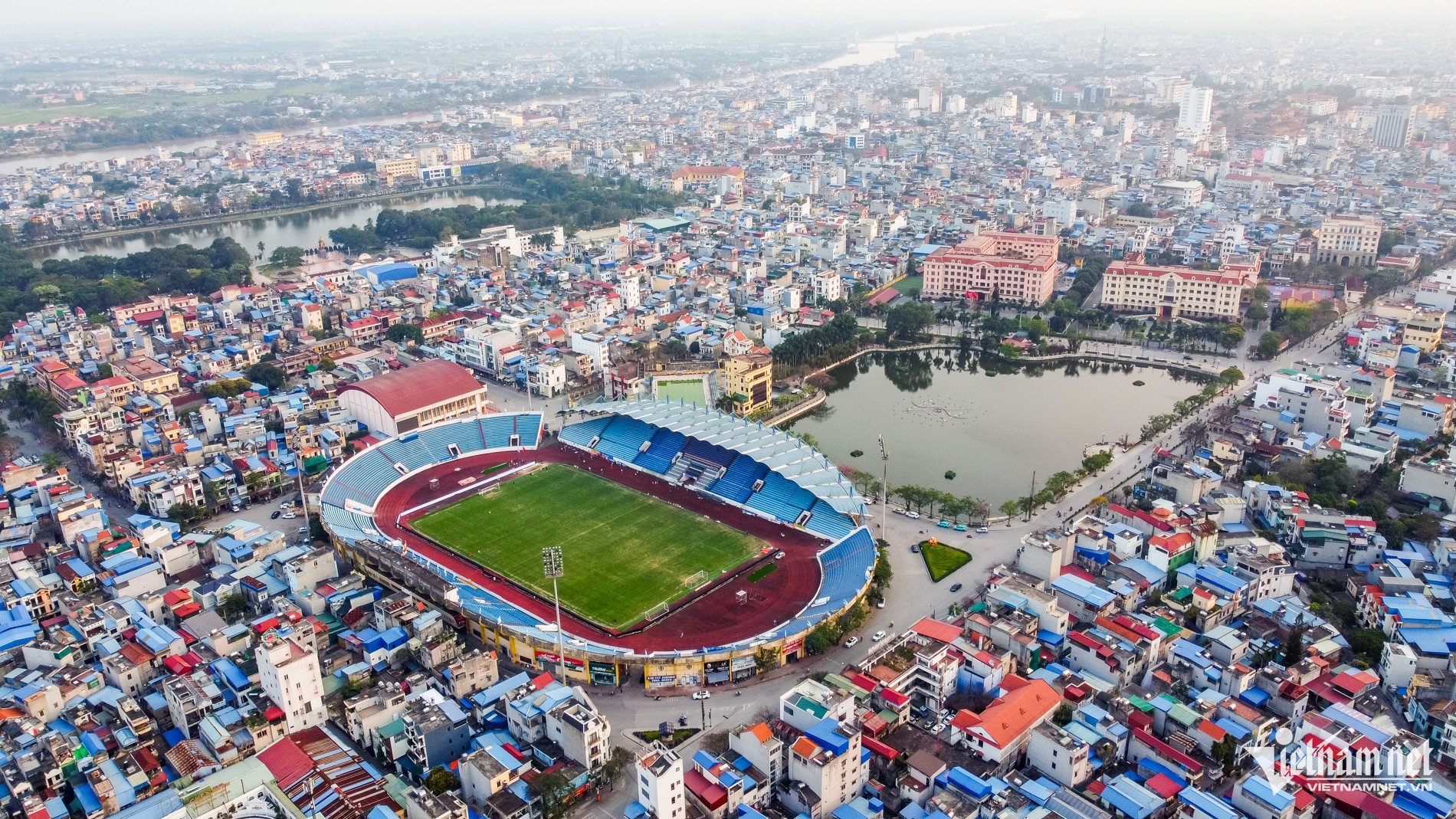
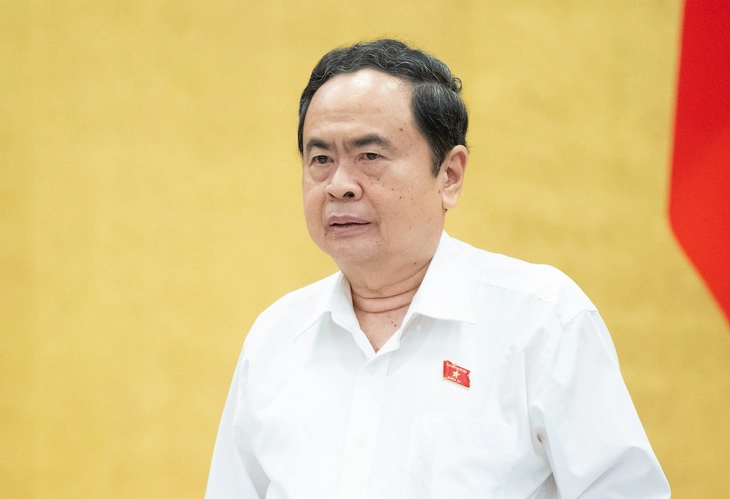


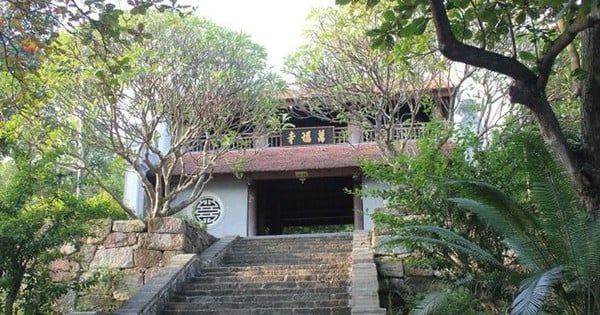
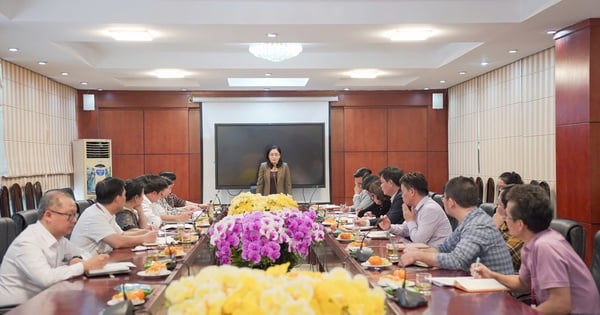














Comment (0)